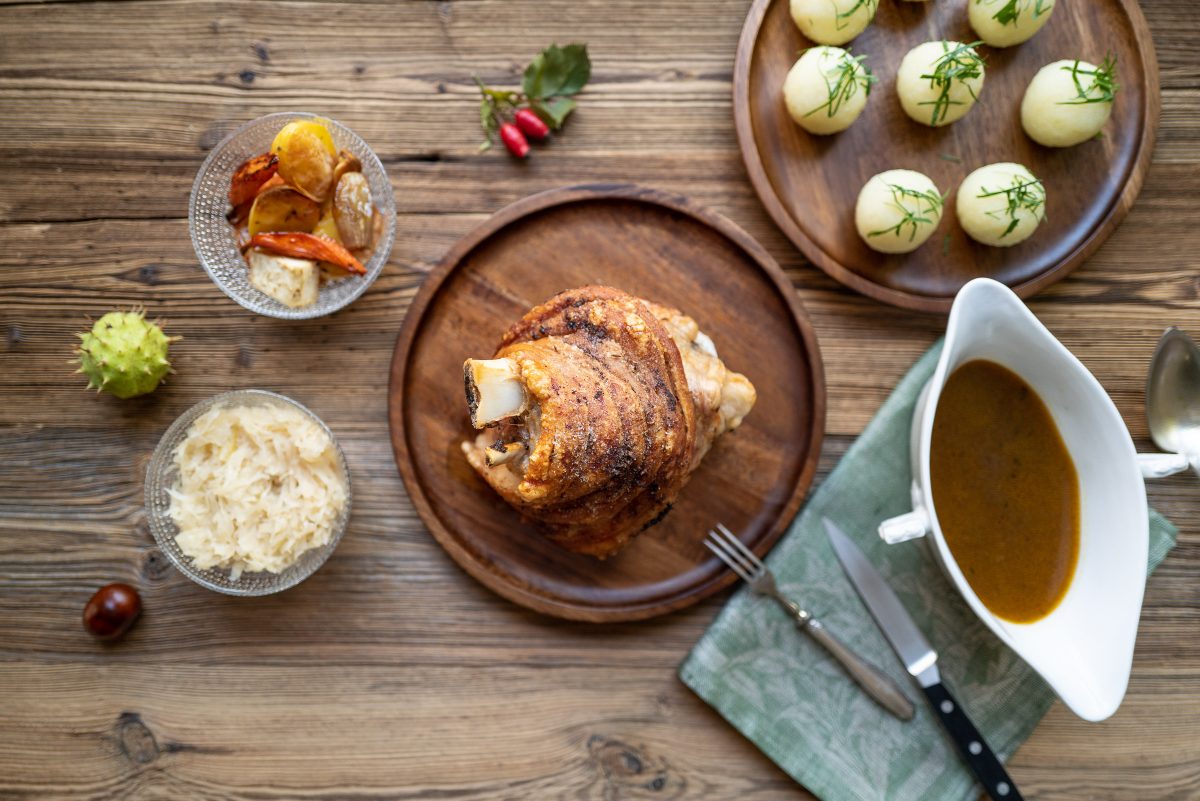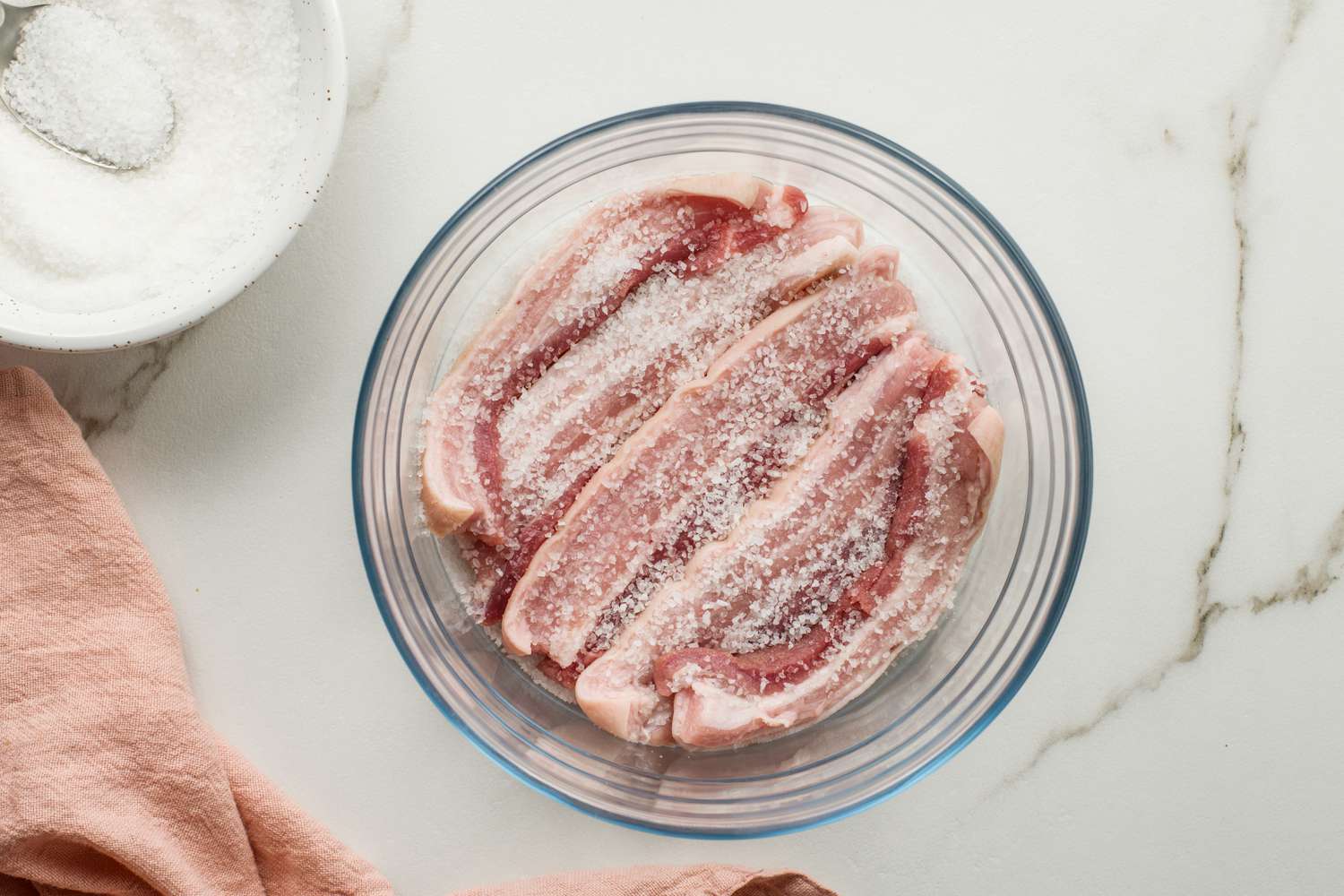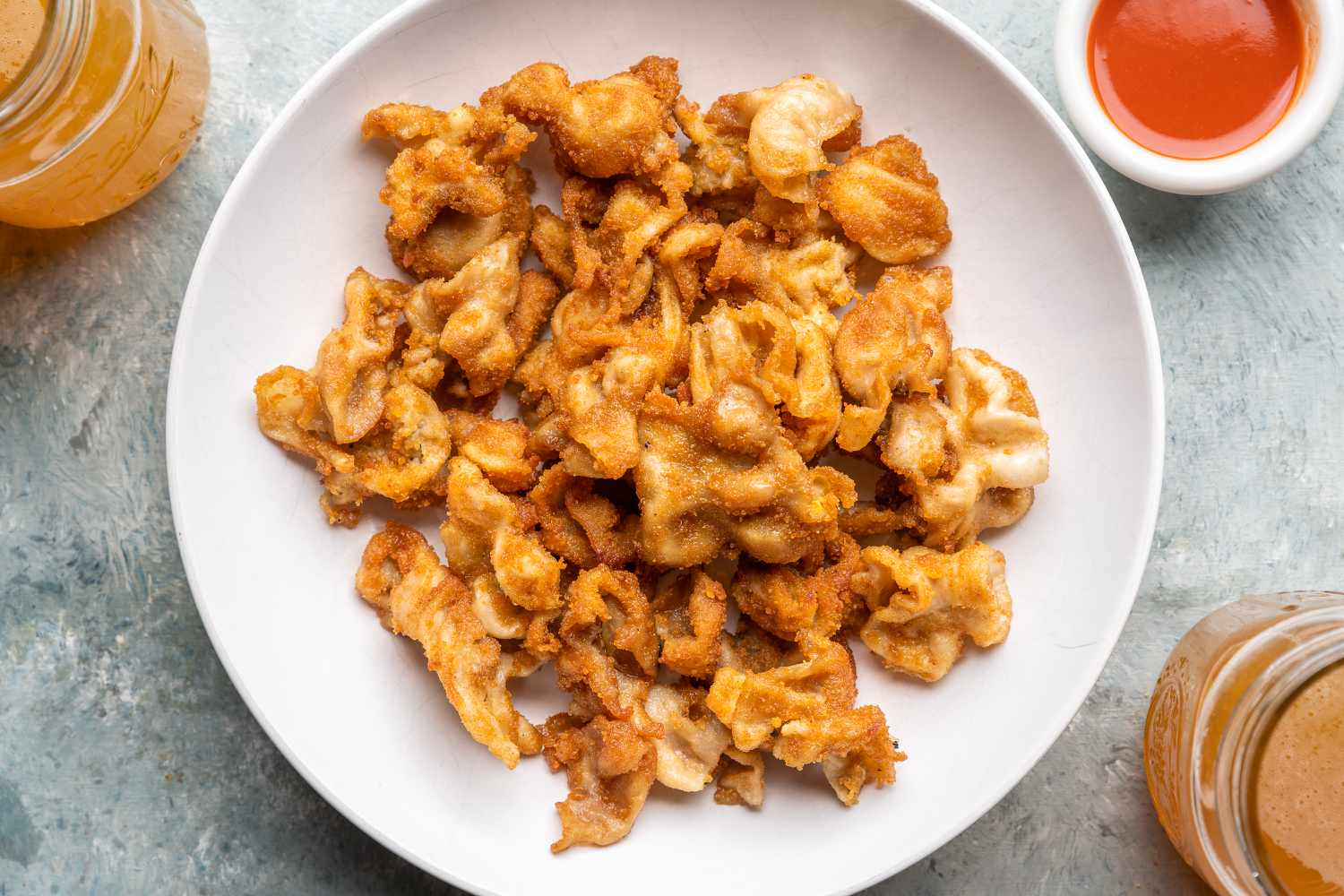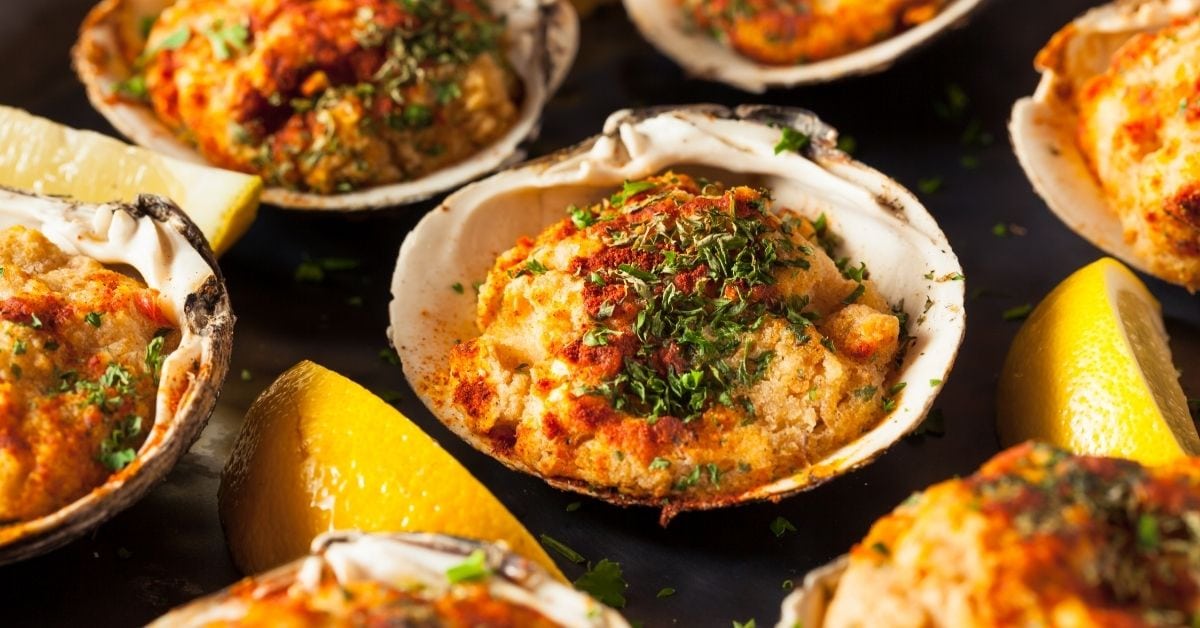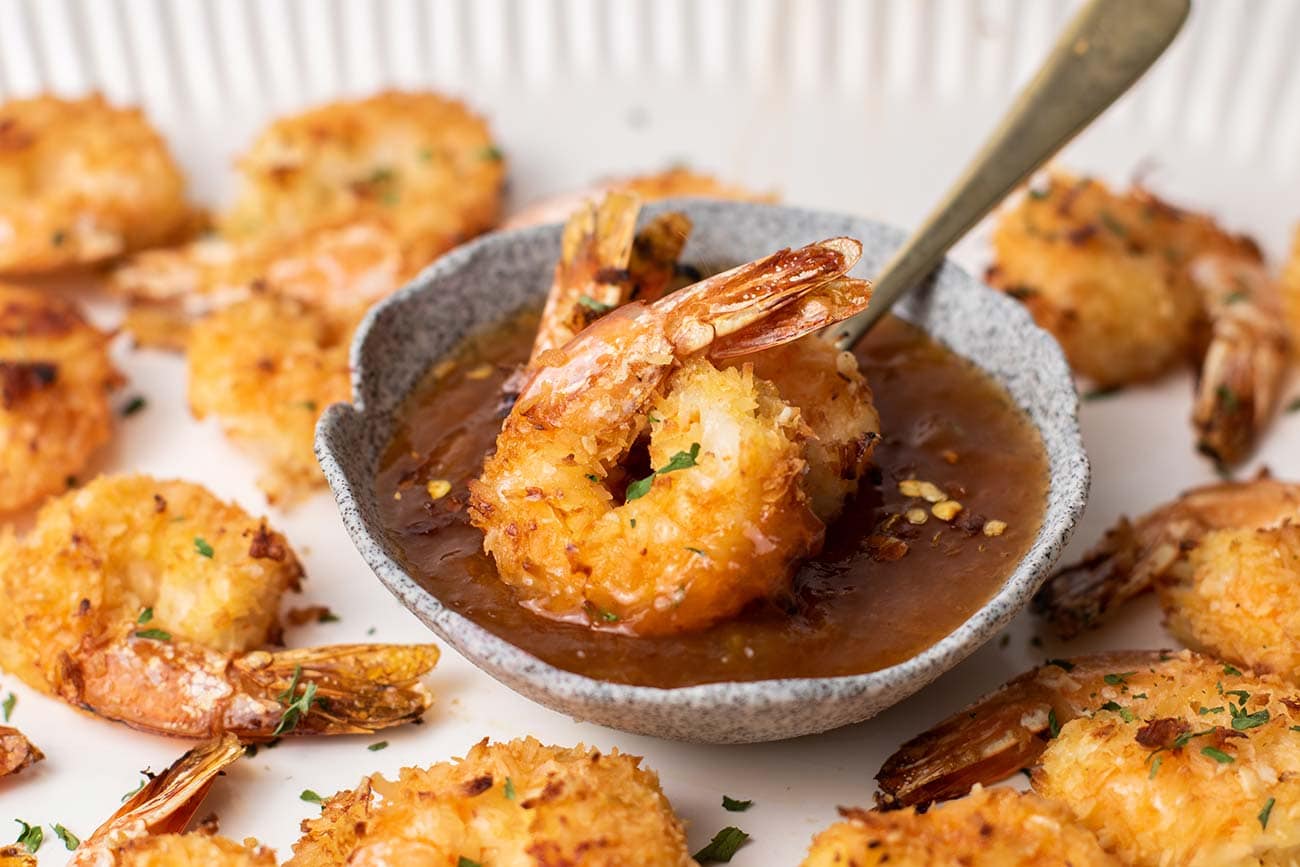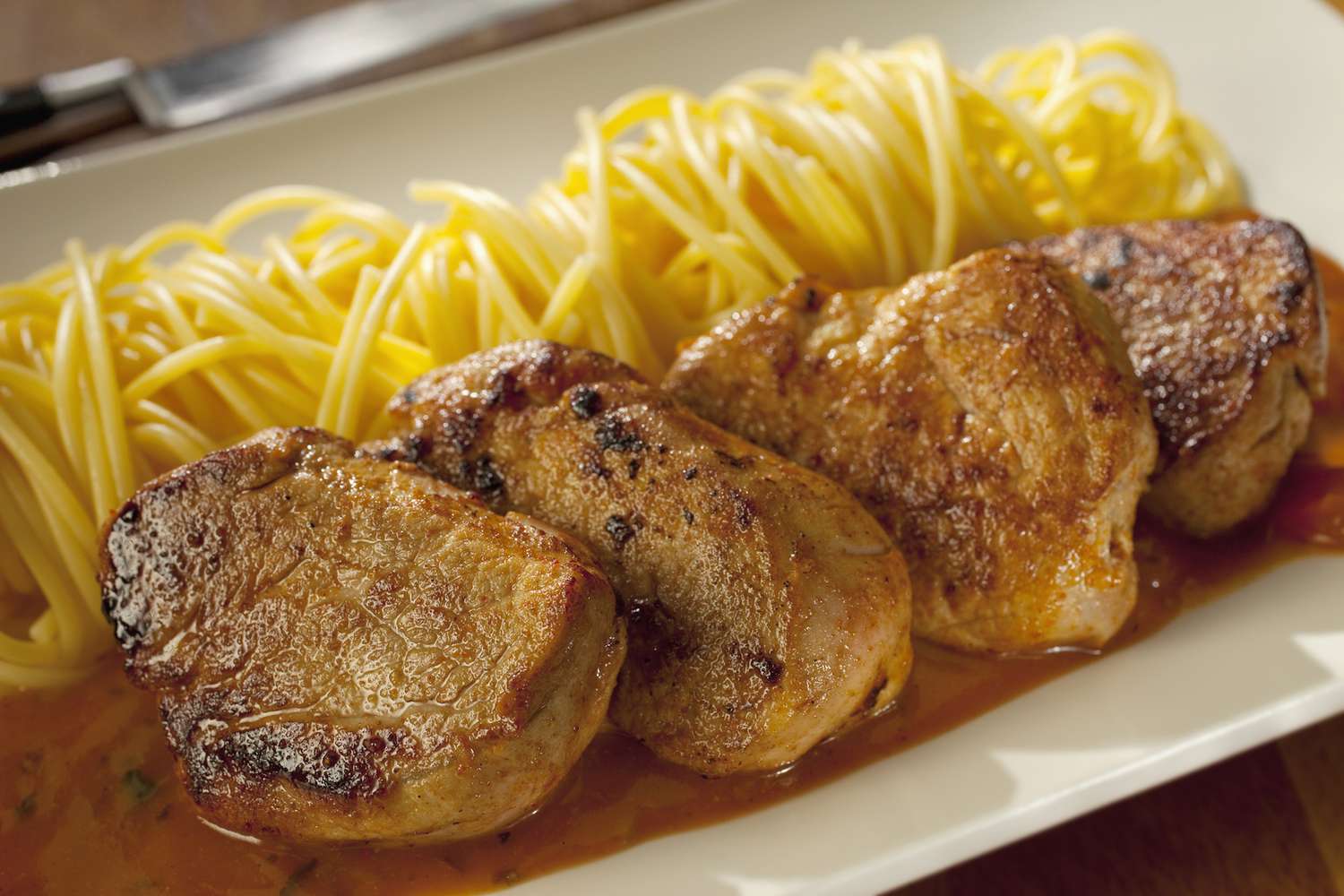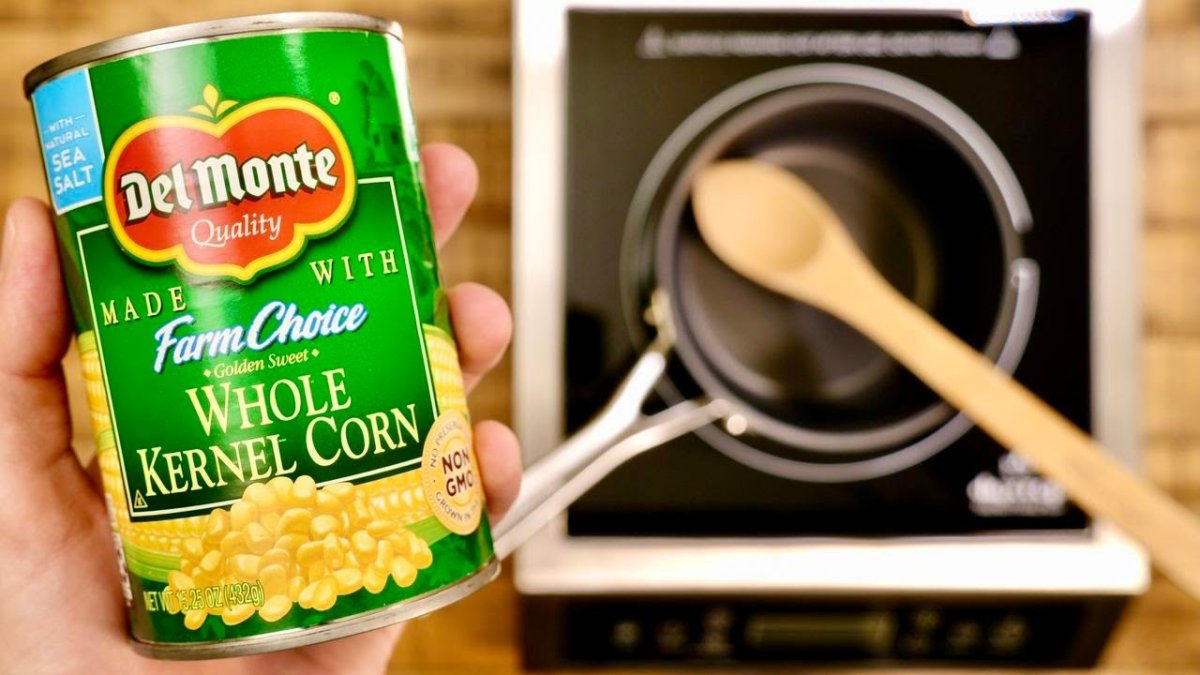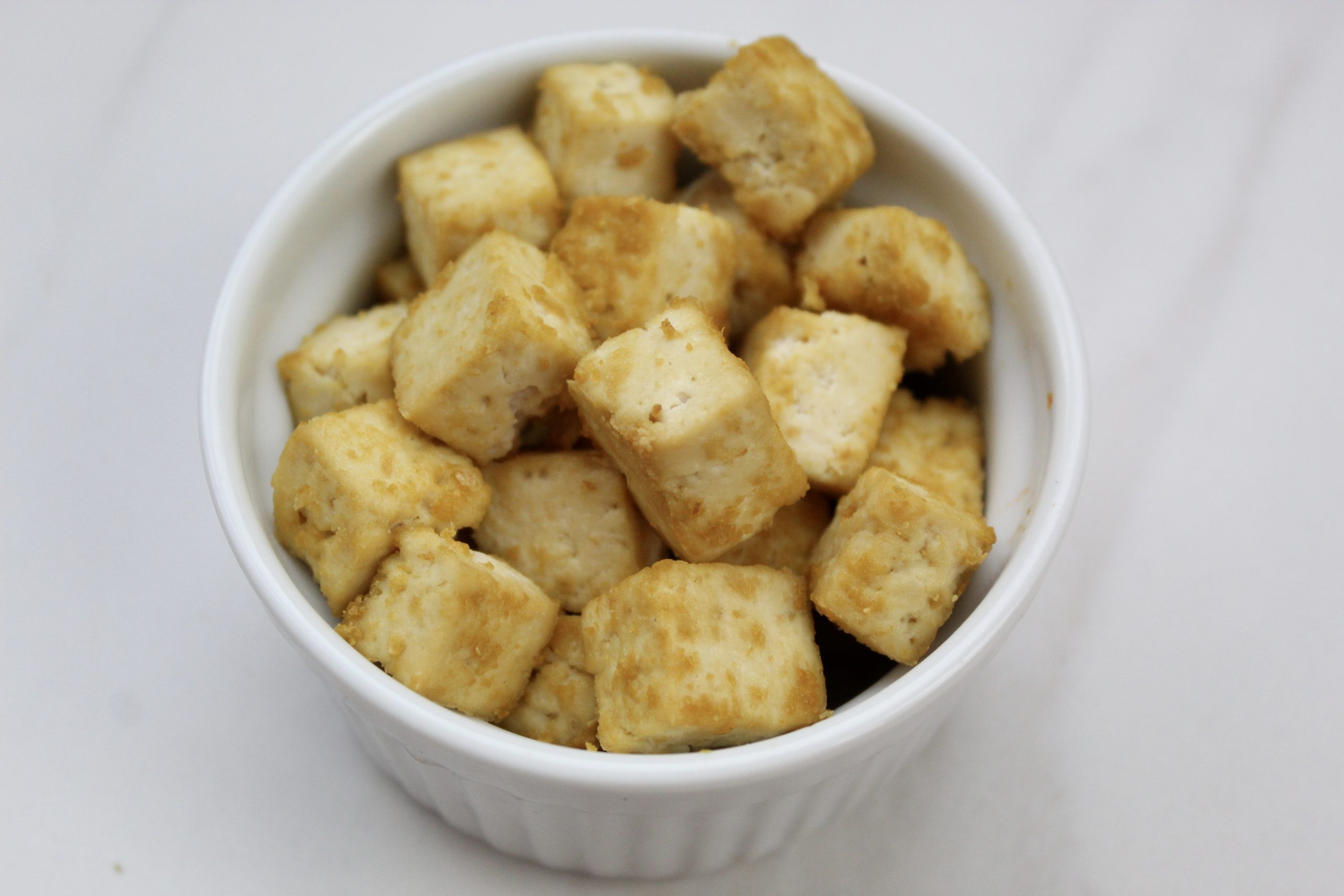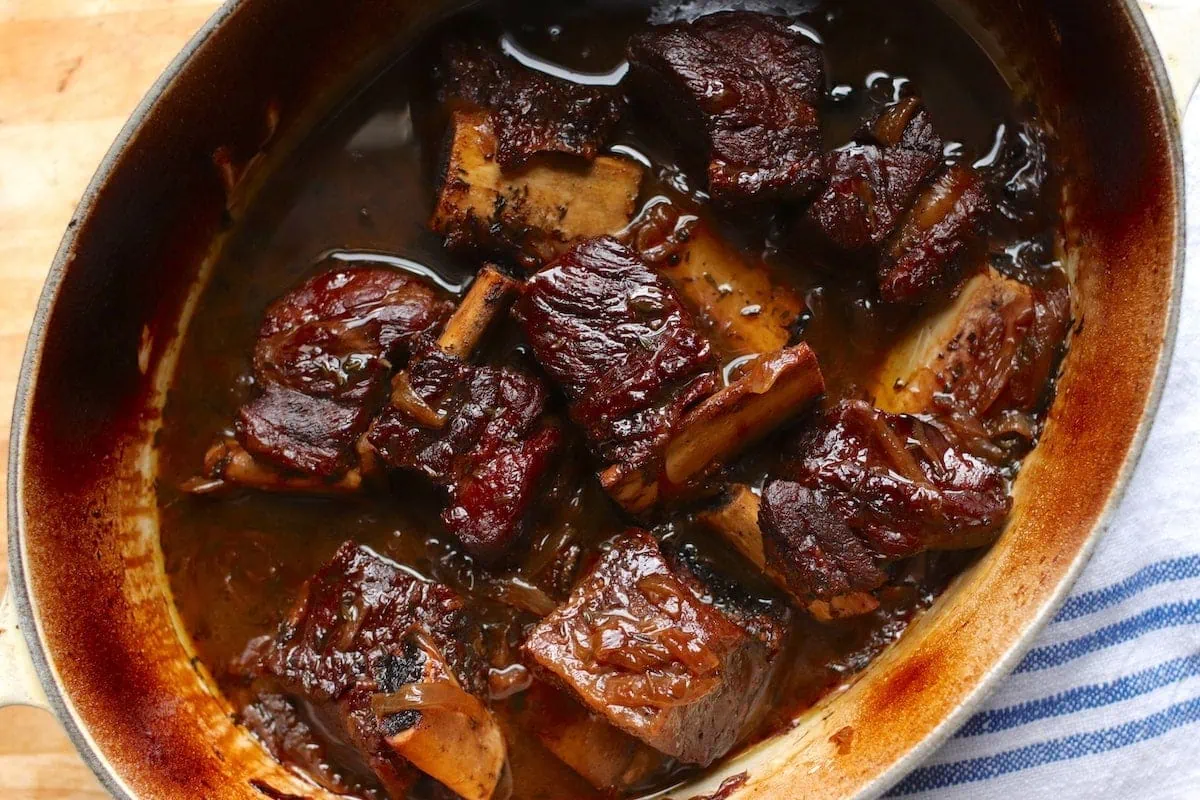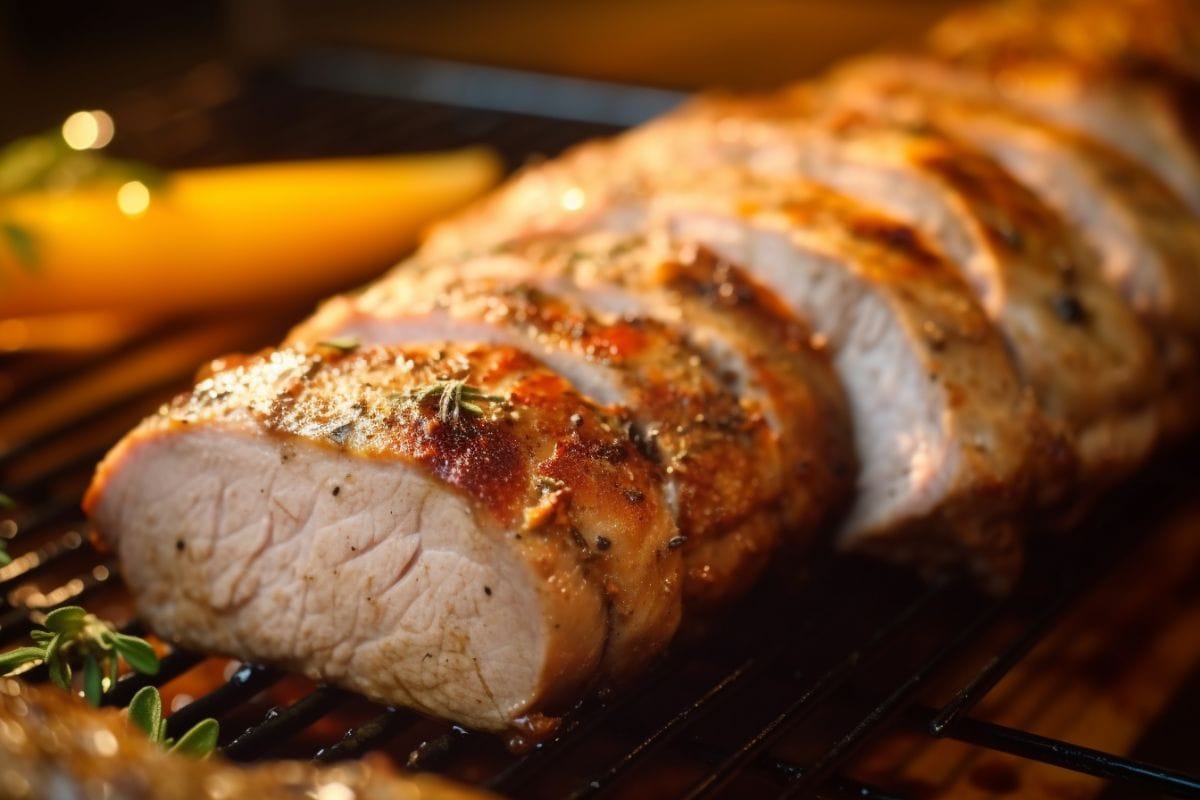Unleashing the Deliciousness: Mastering the Art of Cooking Shank
When it comes to cooking a delicious and tender meal, few cuts of meat can compare to the shank. Bursting with flavor, the shank is a versatile piece of meat that can be transformed into a mouthwatering dish that will leave your taste buds begging for more. Whether you prefer braising, roasting, or slow cooking, we have the ultimate guide to help you become a shank-cooking expert.
Choosing the Perfect Shank
Before you embark on the culinary journey of cooking shank, it’s essential to choose the right one. Look for shanks that are fresh, well-marbled, and evenly sized. Lamb, beef, and pork shanks are all excellent options, so select the one that suits your taste preferences.
Preparing Your Shank
Properly preparing the shank is the first step towards creating a memorable meal. Follow these steps to ensure your shank is primed for cooking:
- Thoroughly rinse the shank under cold water and pat it dry with a paper towel.
- Season the shank with your favorite herbs, spices, and marinades. This will infuse the meat with extra flavor.
- Allow the shank to marinate for at least 30 minutes to enhance its tenderness and taste.
Braising the Shank
Braising is a cooking technique that involves searing the meat at high heat, then slowly simmering it in a flavorful liquid. Here’s how to braise your shank to perfection:
- Heat oil in a heavy-bottomed pot and brown the shank on all sides to create a crust.
- Remove the shank from the pot and set it aside. In the same pot, sauté onions, garlic, and vegetables until they are soft and aromatic.
- Add the shank back into the pot, along with your choice of stock, wine, or broth. The liquid should cover about three-quarters of the shank.
- Bring the liquid to a boil, then reduce the heat to a simmer. Cover the pot and let it cook for several hours until the shank becomes fork-tender.
Roasting the Shank
If you prefer a crispy exterior and a juicy interior, roasting your shank is the way to go. Here’s a simple guide to achieve the perfect roast:
- Preheat your oven to the desired temperature (usually around 350°F to 400°F).
- Season the shank with salt, pepper, and your choice of herbs and spices.
- Place the shank on a roasting rack in a baking dish and cook it uncovered for approximately 1.5 to 2 hours, or until the internal temperature reaches 145°F for pork, 135°F for lamb, and 160°F for beef.
- Let the shank rest for a few minutes before slicing it, allowing the juices to redistribute.
Slow Cooking the Shank
For those who prefer a more hands-off approach, slow cooking is the way to go. Perfect for busy days, this method results in tender, flavorful shank with minimal effort. Here’s how to do it:
- Season the shank with your favorite spices, herbs, and marinades.
- Place the shank in a slow cooker, along with your choice of vegetables, broth, and other desired ingredients.
- Cook on low heat for approximately 6 to 8 hours, or until the shank is tender and easily falls off the bone.
- Remove the shank from the slow cooker and serve it with the flavorful cooking liquid.
Enjoying Your Shank Creation
Once your shank is cooked to perfection, it’s time to sit back, relax, and enjoy the fruits of your labor. Serve your tender shank with a side of mashed potatoes, roasted vegetables, or creamy polenta for a complete and satisfying meal. Don’t forget to garnish with fresh herbs and indulge in the full-flavored experience.
Now that you’ve mastered the art of cooking shank, you can impress your family and friends with your culinary skills. With its rich flavors and melt-in-your-mouth texture, shank is a true delight for any meat lover. So, tie up your apron, grab your cooking utensils, and let’s embark on a shank-filled adventure in the kitchen!
Explore More Shank Recipes and Uses
Mastering the art of cooking shank opens up a delightful array of dishes to enhance your culinary repertoire. From the robust flavors of Classic Braised Beef Shank with Root Vegetables to the exotic notes in Caribbean Jerk Pork Shank, there's a recipe to suit every palate. For those who enjoy rich, deep flavors, Red Wine Braised Lamb Shanks with Rosemary is a must-try. If you're seeking a comforting meal, consider the Beef Shank and Barley Soup. For a dish that promises to impress, delve into the layered spices of Moroccan-Spiced Lamb Shanks with Apricots. Each recipe offers a unique way to utilize your newfound skills in shank preparation, ensuring delicious meals that are sure to delight.
Was this page helpful?
Read Next: How To Cook A Flat Cut Corned Beef Brisket
